 Alexis Huguet/MSF
Analysis
Alexis Huguet/MSF
Analysis
04/27/2022
Elba Rahmouni
Olivier Guillard
Based on the example of the hospital in Moïssala, Chad, the two authors reflect on the management of pain in children at Médecins Sans Frontières. This article was first published on March 25th 2022 in the journal Alternatives Humanitaires.
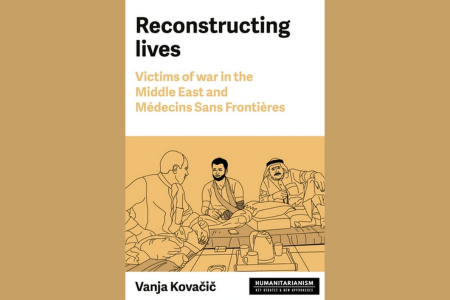 MSF
Book
MSF
Book
04/01/2022
Vanja Kovacic
Reconstructing Lives: Victims of war in the Middle East and Médecins Sans Frontières was published in January 2022 by Manchester University Press. The book is the result of extensive fieldwork, in collaboration with the Crash. It is fully available on our website.
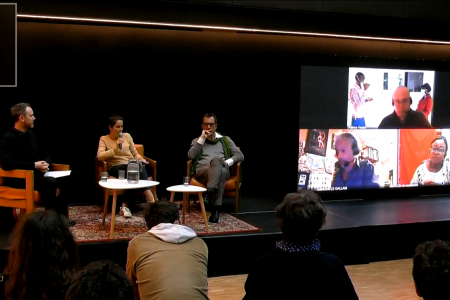 Conference
Conference
04/07/2022 - 06:30 PM 08:30 PM
Benoit Finck
A screening of the film "Agir contre l’exclusion" followed by a debate, April 7th, 2022, from 18:30 to 20:30, MSF and online. The debate was translated simultaneously into sign language and English.
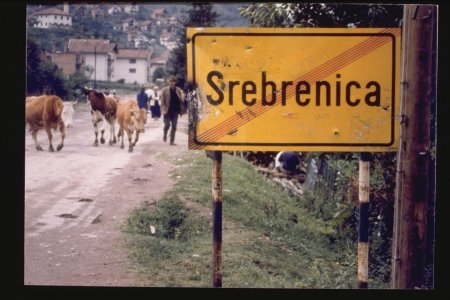 News in brief
News in brief
12/15/2021
Laurence Binet
MSF releases in English, French and in Arabic the “MSF Speaking Out: Srebrenica” podcast based on the original MSF Speaking Out Case Study (SOCS) “MSF in Srebrenica, 1993 – 2003”.
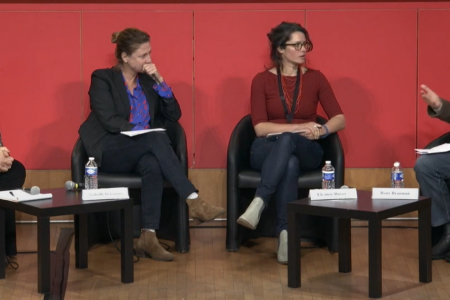 Conference
Conference
11/03/2021 - 07:30 PM 09:00 PM
Médecins Sans Frontières celebrated its 50th anniversary. On this occasion and in the framework of the International Humanitarian Studies Association (IHSA) conference, the Crash organized a Round Table on the history of the organization, the myths surrounding it, and its recent evolution.
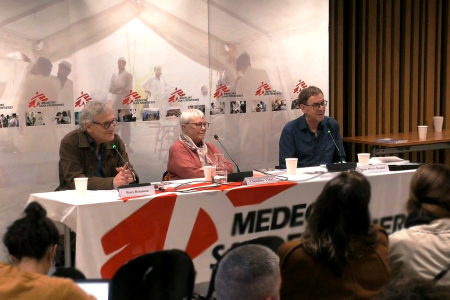 msf
Conference
msf
Conference
11/17/2021 - 06:30 PM 08:30 PM
Jean-Hervé Bradol
We were very happy to welcome two authors of the book: sociologist (CNRS) and Crash scientific committee member Claudine Vidal, and Jean-Hervé Bradol, doctor, former President of the French section of MSF and current director studies at the Crash, for the launching event of the newly-published book “Violences extrêmes. Enquêter, secourir, juger République démocratique du Congo, Rwanda, Syrie” (Éditions de la Maison des sciences de l’homme, Paris 2021). The event was hosted by Rony Brauman.
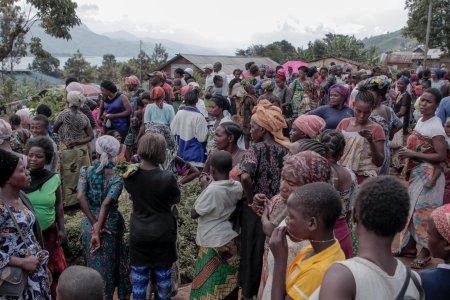 Yves Ndjadi
Book
Yves Ndjadi
Book
09/23/2021
Laëtitia Atlani-Duault
Jean-Hervé Bradol
Marc Le Pape
Over the last few years, Rwanda, the Democratic Republic of Congo (DRC) and Syria have been places where situations of extreme violence took place. As witnesses and investigators of such, the authors of this book shed light on three key-moments that marked these tragic episodes: the investigation, the intervention of emergency relief teams and the implementation of justice procedures leading to judgement.
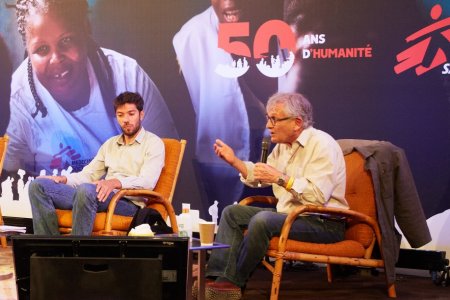 Pierre Hybre
In the media
Pierre Hybre
In the media
09/06/2021
Rony Brauman
Rony Brauman looks back on his humanitarian career in the France Culture program "A voix nue". This series of podcasts (recorded in French) of 5 episodes entitled "Activist of Humanitarianism" is an opportunity for the former president of MSF to retrace the key events that have marked his career and explains - while trying to move away from the Bourdieusian biographical illusion - how his political commitment has structured his vision and his practices of humanitarian action.
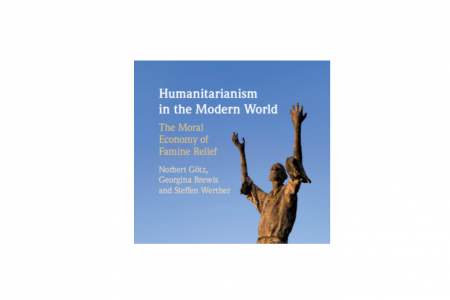 Cambridge University Press
Review
Cambridge University Press
Review
07/01/2021
Michaël Neuman
“Humanitarianism in the Modern World. The moral economy of famine relief” published by Cambridge University Press, is an open access book written by a team of three people, whose aim is to provide a history of contemporary humanitarianism through the prism of famines. Norbert Götz, Georgina Brewis and Steffen Werther are treading on fertile ground, as the number of publications on the history of humanitarianism has multiplied in recent years. However, the contribution they present here is rich and original.
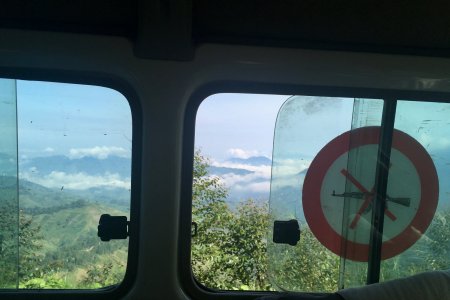 Myfanwy James
Video
Myfanwy James
Video
05/25/2021
Myfanwy James
Myfanwy James is a research fellow at the London School of Hygiene and Tropical Medicine & DPhil (PhD) graduate from the University of Oxford. In this video, she presents her thesis entitled: “Instruments of Identity: Médecins Sans Frontières and Humanitarian Negotiations for Access in the Democratic Republic of the Congo (RDC)”.
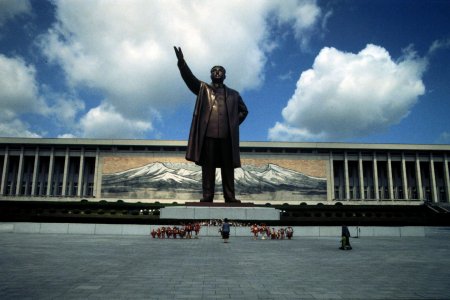 PETER VAN QUAILLE
Speaking Out Case Studies
PETER VAN QUAILLE
Speaking Out Case Studies
10/01/2014
Laurence Binet
The 'MSF in North Korea 1995-1998’ case study is describing the constraints and dilemmas that led Médecins Sans Frontières to speak out publicly while its teams were trying to bring assistance to the North Korean population on its territory between 1995 and 1998 and to the North Korean refugees in Asia in the following years.
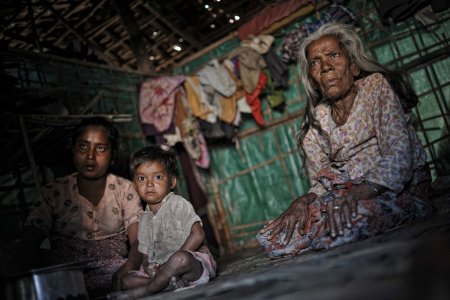 Kaung Htet
Speaking Out Case Studies
Kaung Htet
Speaking Out Case Studies
11/19/2020
Laurence Binet
The case study "MSF and the Rohingya 1992 - 2014" brings to light two decades of MSF advocacy activities as part of its humanitarian assistance to the Rohingya people in Bangladesh and Myanmar and explores the questions and dilemmas the organisation was confronted with surrounding speaking out.
 Alexis Huguet/MSF
Analysis
Alexis Huguet/MSF
Analysis











